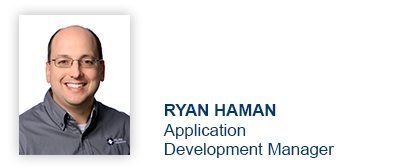Honoring POLARIS Laboratories® Top Employees
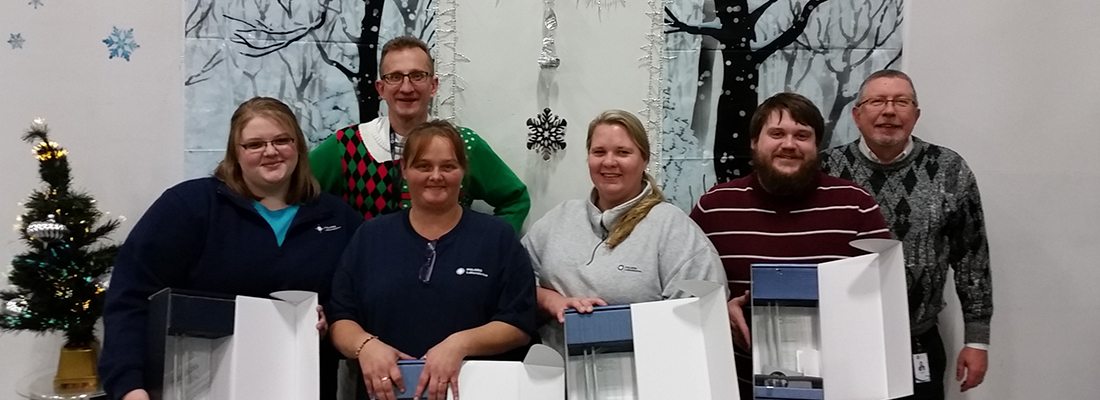
At POLARIS Laboratories® we are lucky to have some of the greatest employees in the world. As a global company, it is important to our team that we remain as connected as possible. That is why, each year, we take a week to honor our top employees and thank them for everything they do for us year round.
This year our four outstanding employees included Neil Carlberg from our Edmonton location, Nicole Ubben from our Houston Location as well as Michael Keller and Gina Kemp from our Indianapolis location.
These four employees were chosen by the company partners for exceeding their supervisor’s expectations and exemplifying excellence in their work.
This year’s honorees had a whirlwind tour of Indianapolis, exploring downtown Indianapolis, visiting the Indiana War memorial, attending an Indianapolis Indians game and completing an obstacle course at Go Ape Zipline. On top of that, they also had a comprehensive look at each department’s role in the company at our corporate headquarters.
Having these individuals visit from our national and global sites is one of the best parts of the year. Their dedication and support for the organization is what helps us ensure that our business continues to operate smoothly and efficiently while providing the best possible service for our customers.
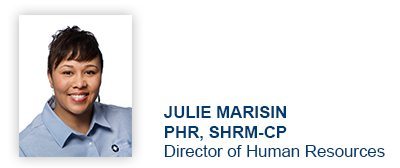
Proven Impact. Proven Uptime. Proven Savings.
Let us prove it to you.


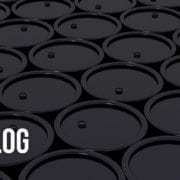
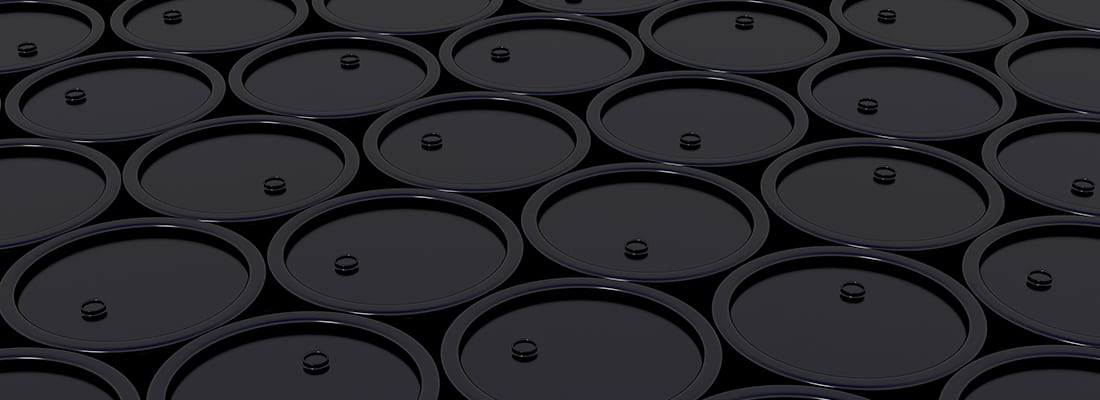
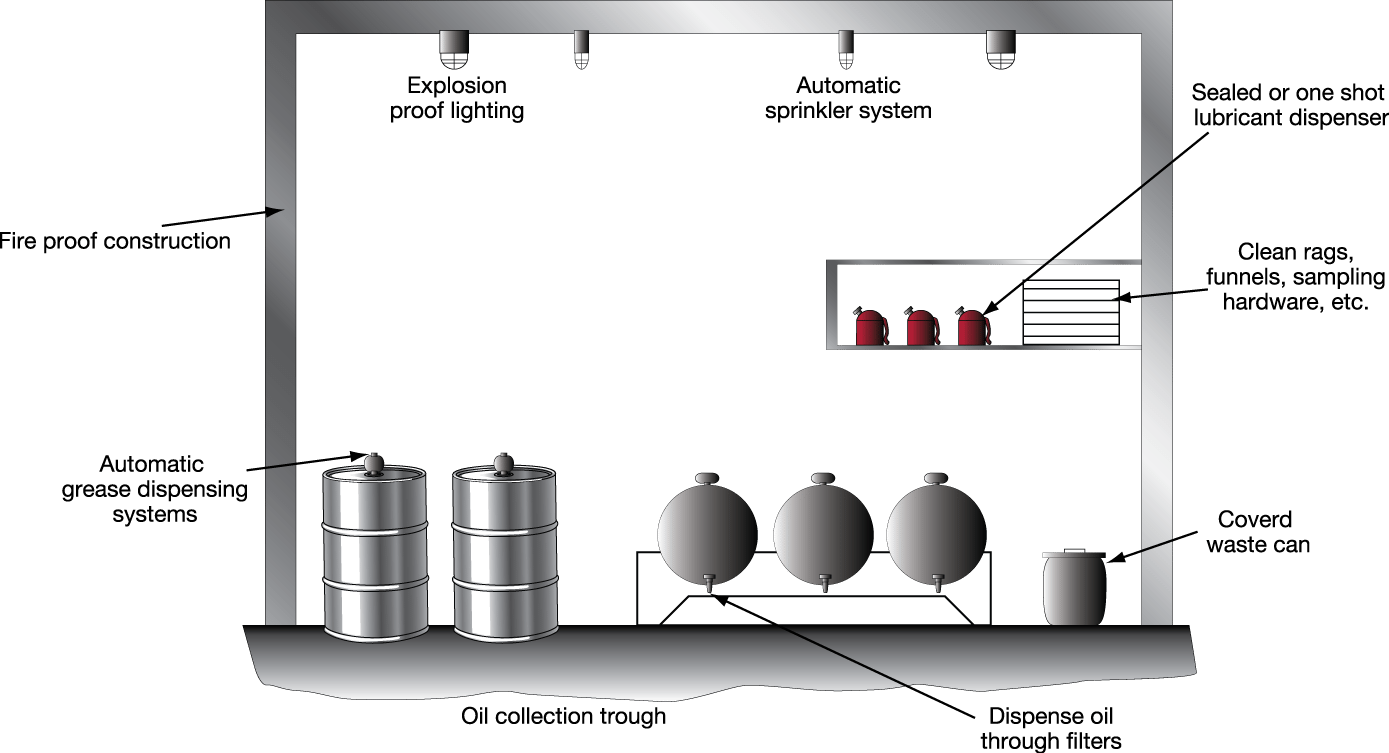
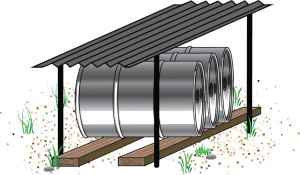
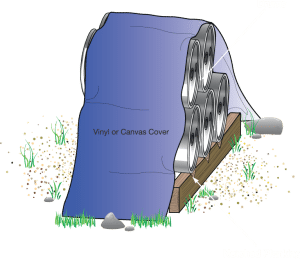
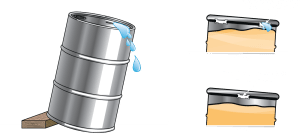



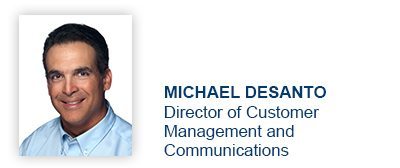


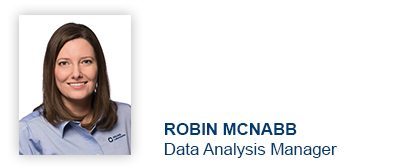
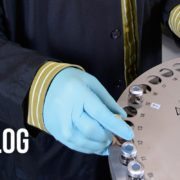
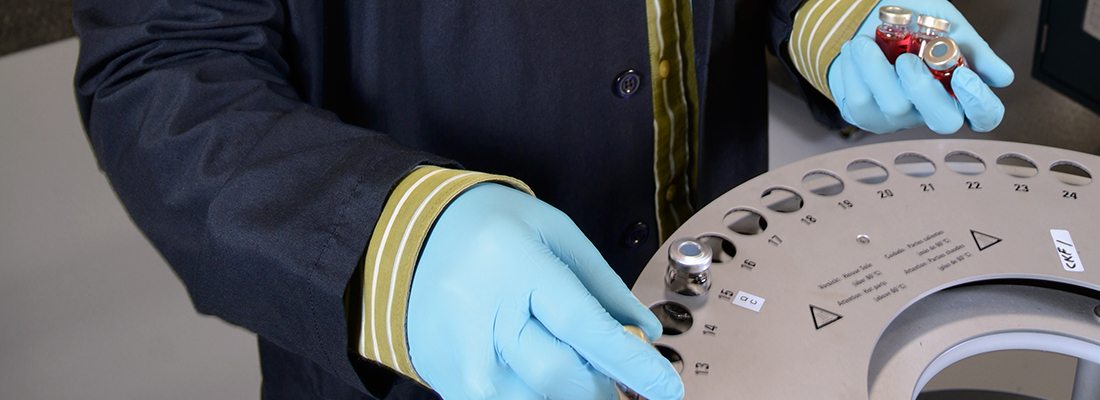
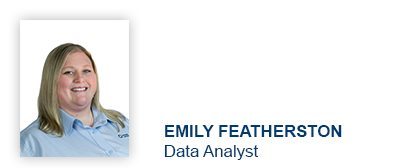
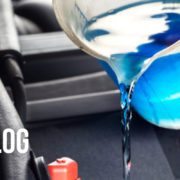
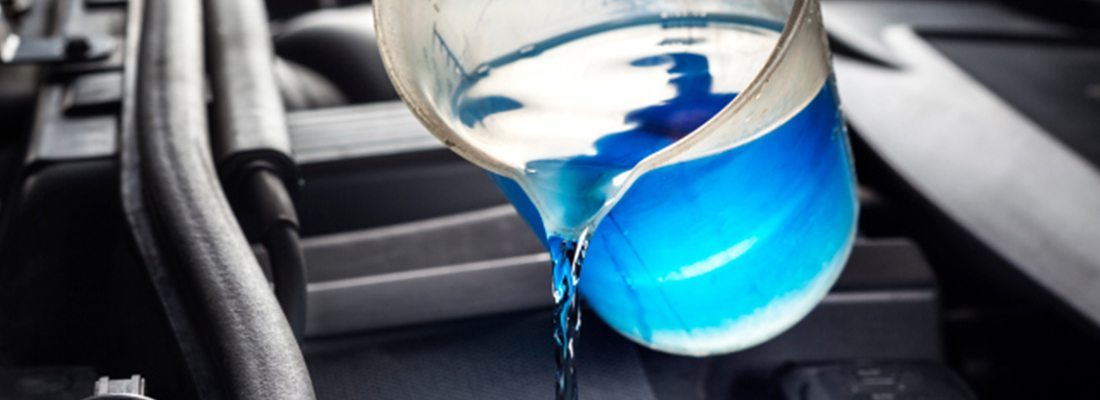
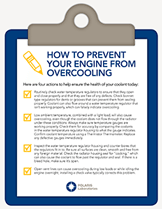 Our Data Analysis Team at POLARIS Laboratories® has
Our Data Analysis Team at POLARIS Laboratories® has 

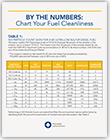 Engine manufacturers are realizing diesel fuel cleanliness can have great impact on overall engine performance. In fact, many are now recommending diesel fuel that does not meet an ISO Cleanliness Code of 18/16/13 should be filtered before introduction to the fuel system. Surprisingly
Engine manufacturers are realizing diesel fuel cleanliness can have great impact on overall engine performance. In fact, many are now recommending diesel fuel that does not meet an ISO Cleanliness Code of 18/16/13 should be filtered before introduction to the fuel system. Surprisingly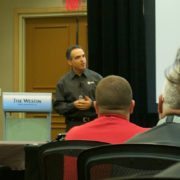

 The 2015 POLARIS Laboratories Customer Summit has an
The 2015 POLARIS Laboratories Customer Summit has an 


